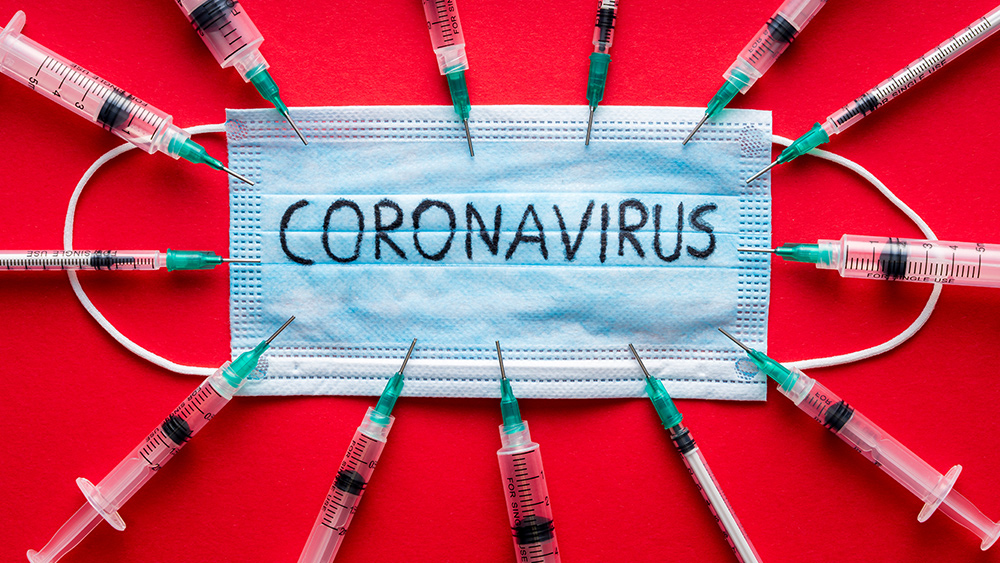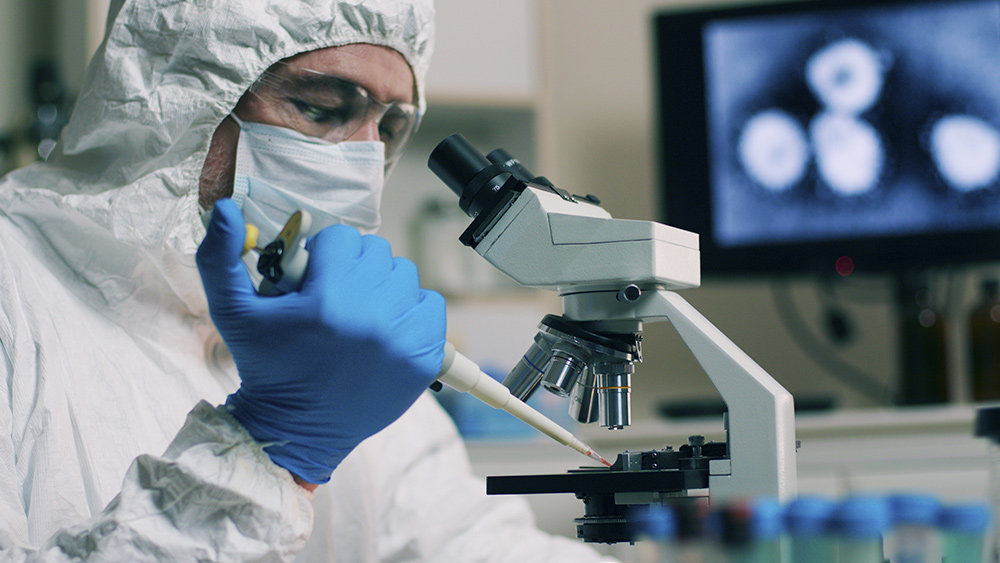Live coronavirus found on patients’ feces, pointing to yet another mode of transmission
06/08/2020 / By Isabelle Z.

Coronavirus is already frighteningly easy to catch, and now there’s another potential avenue of transmission to be aware of as Chinese researchers have found live coronavirus in the feces of patients who have died from the disease.
They found fragments of genetic material from the virus in the fecal samples taken from 12 patients, and some of them had an even higher viral load in their fecal samples than in their respiratory samples.
The researchers say that the virus was infectious in the samples that were collected from 17 to 28 days after the individuals’ symptoms began. After 28 days, there was viral RNA but they couldn’t isolate the live virus from the sample, indicating that it was no longer infectious at that point.
The idea of the disease being spread in this way is supported by the fact that the new coronavirus comes from the same family as SARS, or Severe Acute Respiratory Syndrome, which was also spread through feces. In fact, stool specimens are believed to be the culprit in hundreds of cases of SARS that were seen at the Amoy Gardens housing estate in Hong Kong in 2003.
In that incident, warm air from the bathroom of a SARS patient who had intense diarrhea contaminated some neighboring apartments through the building’s sewage and exhaust fans; it was also carried through the wind to nearby buildings. A total of 328 residents became ill as a result, and 42 of them died.
In the early days of coronavirus, scientists said that there were more cases of COVID-19 than one would expect if the virus were only spreading via respiratory droplets and close contact with patients, lending further credence to the possibility that feces is another transmission mode.
Researchers have warned that stool samples could contaminate hands, water, and food. People who are infected and don’t wash their hands after using the bathroom could then spread the virus on to others. The Chinese CDC is recommending that people wash their hands frequently, avoid consuming raw food, boil water prior to drinking it, and maintain personal hygiene.
Cleaning and disinfecting surfaces remains essential
According to the researchers in the new study, which was published in Emerging Infectious Diseases, hospital staff must be very diligent when it comes to cleaning surfaces used by coronavirus patients. It’s also something that people should keep in mind when they use public restrooms as businesses start reopening – try to avoid public restrooms, and if you absolutely can’t wait until you get home, be sure to wash your hands thoroughly after using other bathrooms.
A different study in the same journal outlined how researchers found SARS-CoV-2 RNA on 36 percent of the surfaces and bedding in two hotel rooms after a pair of presymptomatic former guests were later confirmed to have COVID-19.
The hotel guests were Chinese students undergoing a quarantine who tested positive for COVID-19 just two days into the quarantine. Three hours after testing positive, the researchers took samples from various places throughout their rooms. Some of the spots that tested positive for the virus included the sheets, pillowcase, towels, and duvet cover.
The virus has also been found in the semen of male patients, even after recovery, but researchers aren’t yet certain whether it can be transmitted through sexual contact.
Respiratory droplets continue to be the virus’s main mode of transmission as its particles seem to travel best between people via mucus and saliva. Coughing, sneezing, talking, singing or even eating within a few feet of someone could cause particles to land on them, which could then make their way into their mouth, nose or eyes and infect them. This is why social distancing rules and thorough cleaning remain so important during this pandemic.
Sources for this article include:
Tagged Under: bioweapons, coronavirus, covid-19, feces, infection, infections, pandemic, transmission



















